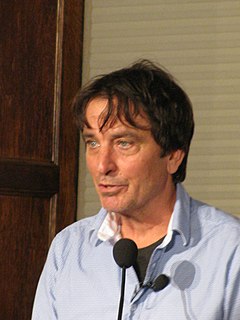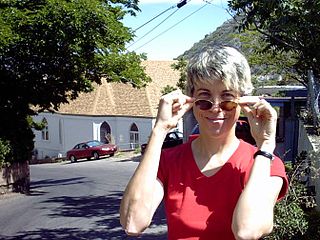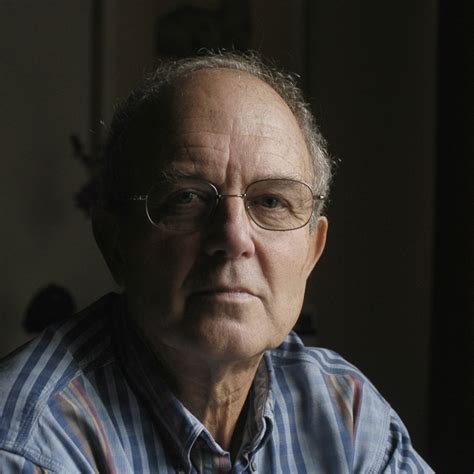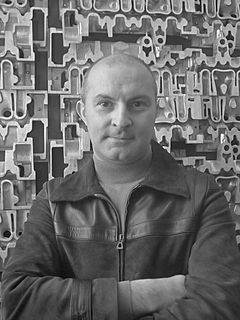A Quote by Nick Flynn
I believe poetry has very little to do with memory.
Related Quotes
This is going to sound nuts but it took me forever to figure out why I'd stopped writing poetry - I mean, I went about a decade where I wrote very little poetry and I thought it was because I was doing a weekly blog. And then when we moved, I reconfigured my writing desk. The previous one had had very little space to write by hand. And suddenly, the poetry was gushing!
It occurs to me to wonder: do I believe in any god, or even positively not believe, as James does? I believe in systems and methods. I believe in the beauties of philosophy and poetry. I believe that the work we do and leave behind us is our afterlife; and I believe that history lies, but sometimes so well that I can't bring myself to resent it. I believe that truth is beauty, but not, I'm afraid, the reverse. It doesn't seem sufficient to sustain one in life's rigorous moments. Perhaps I shall embrace Islam. Its standards for poetry seem very high.
We no longer see the evolution of the nervous system, but that of a certain individual. The role of the memory is very important but... not as important as we believe. Most of the important things that we do don't depend on memory. To hear, to see, to touch, to feel happiness and pain; these are functions which are independent of memory; it is an a priori thing. Thus, for me, what memory does is to modify that a priori thing, and this it does in a very profound way.
I'm still willing to continue living with the burden of this memory. Even though this is a painful memory, even though this memory makes my heart ache. Sometimes I almost want to ask God to let me forget this memory. But as long as I try to be strong and not run away, doing my best, there will finally be someday...there will be finally be someday I can overcome this painful memory. I believe I can. I believe I can do it. There is no memory that can be forgotten, there is not that kind of memory. Always in my heart.
There's a sameness about American poetry that I don't
think represents the whole people. It represents a poetry
of the moment, a poetry of evasion, and I have problems
with this. I believe poetry has always been political, long
before poets had to deal with the page and white
space . . . it's natural.
Time doesn't exist. It doesn't exist in any way. It's more subjective than real. Time doesn't exist. I believe in memory. Memory is the real inspiration. Memory creates time. Memory is pure power. Pure power and pure strength, and pure utilization of space and time (if time is something we can really ever label). But I don't believe in time itself.






































